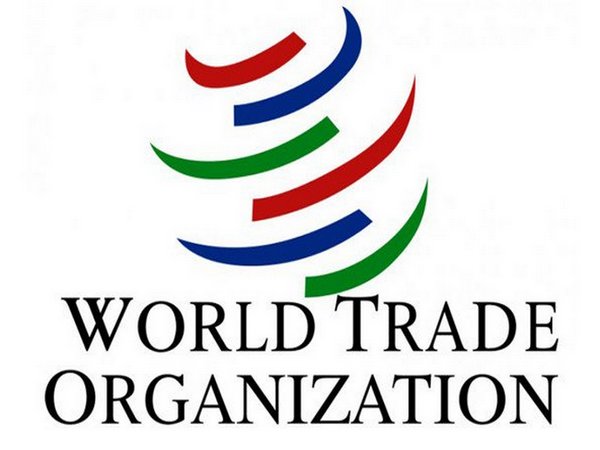India is set to appeal against the recent ruling by the World Trade Organization’s (WTO) trade dispute settlement panel, which found that the country’s import dues on certain information and technology products are inconsistent with global trade norms. The dispute was filed by the European Union, Japan, and Taiwan, which argued that the import duties imposed by India on certain informational and technology products violated WTO rules.
Buy Prime Test Series for all Banking, SSC, Insurance & other exams
Need of this appeal:
The ruling could have serious implications for India’s trade policies and could potentially result in changes to the way the country provides support measures. However, the Commerce Ministry has stated that the appeal will not have any adverse impact on domestic industry.
India will appeal the ruling in the WTO’s appellate body, which is the final authority on such trade disputes. However, the appellate body is currently not functioning due to differences among member countries to appoint members, with the US blocking the appointment of members. Even if the appellate body starts functioning now, it could take over a year to take up India’s appeal.
India and trade disputes:
The dispute is the latest in a series of trade disputes involving India, which has been at the center of several WTO cases in recent years. Last year, India appealed against a WTO ruling that found the country’s domestic support measures for sugar and sugarcane to be inconsistent with global trade norms.
Scrutiny of India’s trade policies:
India’s approach to trade has been a contentious issue, with some critics arguing that the country’s policies are protectionist and designed to favor domestic industry. The recent ruling by the WTO trade dispute settlement panel is likely to reignite this debate and could potentially lead to further scrutiny of India’s trade policies.
It remains to be seen how the appeal will play out and what the implications will be for India’s trade policies. However, it is clear that the country will continue to face challenges and scrutiny in its approach to trade, particularly as it seeks to balance the interests of domestic industry with its commitments to international trade norms.
You may also read this:
Retail inflation moderates to 5.66% in March from 6.44% in February
Find More News on Economy Here




 Arunachal Pradesh Foundation Day 2026: P...
Arunachal Pradesh Foundation Day 2026: P...
 Harmanpreet Kaur Creates History: Become...
Harmanpreet Kaur Creates History: Become...
 2026 Business Milestone: Amazon Dethrone...
2026 Business Milestone: Amazon Dethrone...








